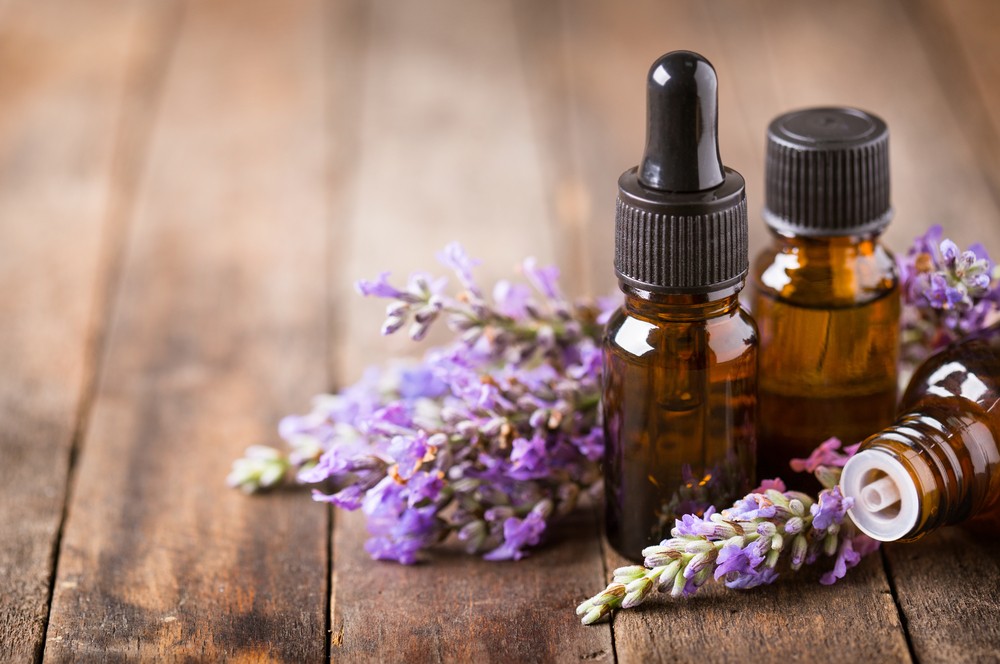
By Nina Chhabra on December 18, 2019

Essential oils, also known as aromatherapy, are concentrated blends of herbs, flowers, plants, or a combination of the above. Essential oils are often used for a therapeutic purpose, such as promoting physical, emotional, or spiritual well-being, to promote relaxation, to reduce stress or anxiety, to complement symptom management such as pain or nausea, and more. When essential oils are used diluted for use and put into a diffuser for inhalation, they are considered relatively safe. Essential oils should be used with caution if putting onto the skin, as they are very concentrated. Before applying topically, they must be diluted in a carrier oil such as coconut oil or jojoba oil. Some essential oils, such as ones from the citrus family (lemon, lime, grapefruit) can cause sensitivity to the skin when in the sun, even when diluted in the proper carrier oil. Caution should always be used if applying topically- only use on intact skin, and avoid any sensitive areas, including near the eyes.
Some essential oils to try this winter during cough and cold season include:
As always, it is best to seek medical attention if you sick, especially if you are undergoing treatment, as your body has a hard time to fight off infections. Stop by Vivo Health Pharmacy to pick up your favorite essential oils, carrier oils, and even a diffuser! Vivo Health also carries ready to use roll-on topical essential oils that have already been diluted for you!
1: https://pubchem.ncbi.nlm.nih.gov/compound/Eucalyptol#section=Information-Sources
2: https://tisserandinstitute.org/essential-oils-flu/
Back to Blog HomePlease note the above uses have not been evaluated by the Food and Drug Administration. These products are not intended to diagnose, treat, cure, or prevent any disease. Consumers should consult with their health care provider before taking any new medication or dietary supplement — especially pregnant or nursing mothers, children under 18, and individuals with a known medical condition.
Nina Chhabra earned her doctorate in pharmacy from St. John's University in New York. Prior to her becoming a Natural Medicines Specialist, she worked in a community pharmacy and as an inpatient pharmacist, focusing on diabetes and heart failure. She has served on the New York State Council of Health-system Pharmacists and has given continuing education lectures regarding diabetes treatment to her peers.